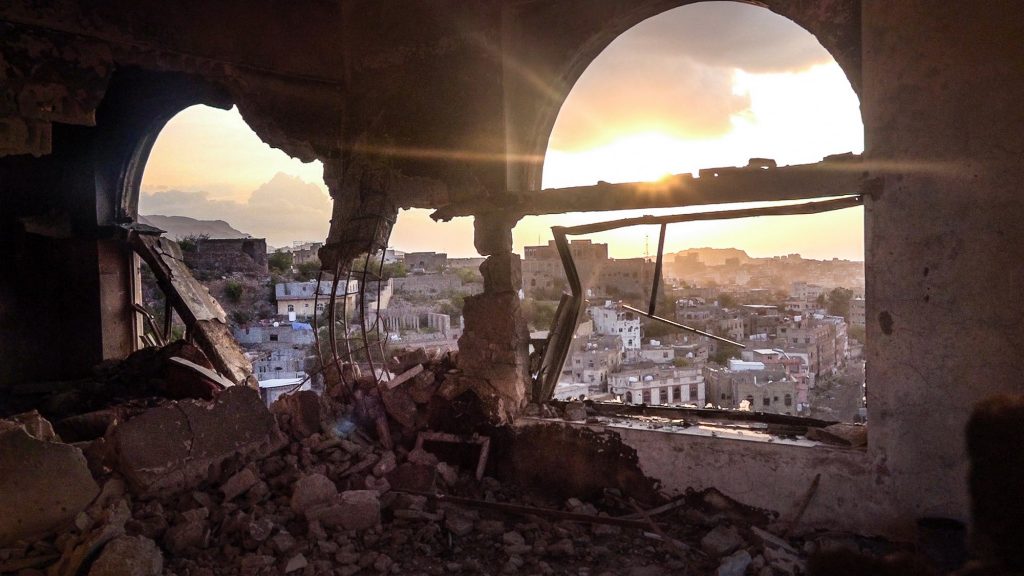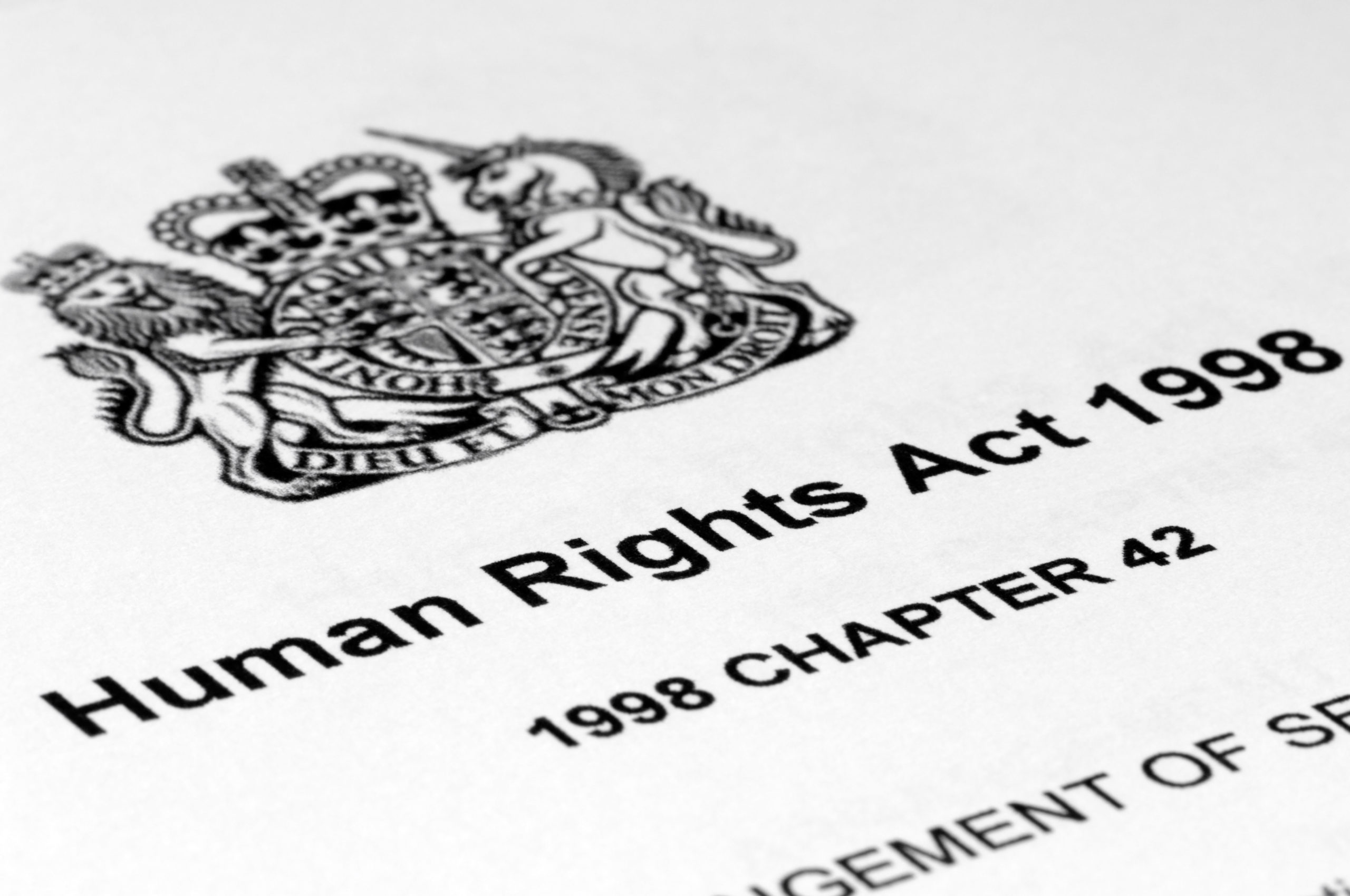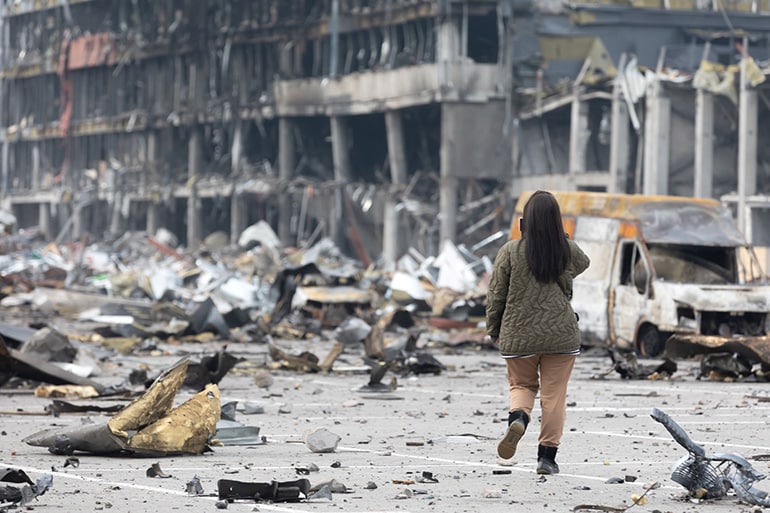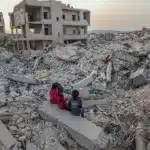November 2019
Over 20,000 civilians were killed or injured by explosive weapons in 2018, according to the 2019 report of the UN Secretary-General on protection of civilians in armed conflict. The year before, the number of civilians killed or injured by explosive weapons was over twice as great.
Download the full statement here
At the Vienna Conference on Protecting Civilians in Urban Warfare in October 2019, participating states supported the initiative of a political declaration aimed at strengthening protection for civilians from the use of explosive weapons in populated areas, and a series of international consultations to draft the declaration are currently taking place.
The Ceasefire Centre for Civilian Rights works directly with civilians affected by conflict, including in Iraq, Syria, Yemen and South Sudan, many of whom have suffered from the use of explosive weapons in populated areas. Based on this experience, Ceasefire’s guidelines have been drawn up to support the international agreement of a strong political declaration on explosive weapons which will be effective in improving civilian protection.
- The political declaration should avoid undercutting or diluting existing legally-binding obligations, or appearing to shift rules from the realm of obligations to that of ‘good practice’. The civilian death toll from the use of explosive weapons in populated areas is due first and foremost to a failure to implement existing international law duties, including (but not limited to) those under the Geneva Conventions and their 1977 Additional Protocols, the Convention on Certain Conventional Weapons, the Chemical Weapons Convention, and customary international law.
- The declaration should reiterate that legal limits applicable to military operations include not just international criminal law standards on avoiding war crimes, but also the complete range of legal obligations on the conduct of hostilities, including the duty to take precautions in attack. Parties to conflict often assert that attacks are lawful because they do not intentionally target civilian objects and any expected civilian damage is proportional; however,they frequently violate the duty to take all feasible precautions to avoid or minimise civilian harm and/or deploy unguided bombs or projectiles or other explosive weapons with wide area effect in populated areas whose effect is indiscriminate.
- Consideration of the effects of explosive weapons in populated areas should be undertaken in the context of the wider military operation(s) of which they form part. Most civilian deaths and damage to civilian objects in recent conflicts have occurred in the context of sieges, including those in Aleppo, Eastern Ghouta, Raqqa, Mosul, Hodeidah, Taiz, Donetsk and Marawi. Explosive weapons are extensively used to lay and enforce sieges, frequently trapping large numbers of civilians in besieged areas,and in attempts to capture besieged towns and cities.
- Assessments of expected civilian deaths or injury or damage to civilian objects should include not just immediate direct effects but also the medium and longer-term effects of explosive remnants of war,and the reverberating effects of damage to vital civilian infrastructure.The standard for including reverberating effects in the assessment should be that they are ‘reasonably foreseeable’.
- Operational policies to limit the humanitarian impact of military operations in populated areas should address factors which have led to higher than expected rates of civilian casualties in recent conflicts, including:
- the conduct of operations in urban localities where civilians are not immediately visible but which are known or suspected to have high population density;
- rules of engagement and authorization procedures for the deployment of explosive weapons in dynamic targeting;
- authorization for air support/ airstrikes called in by partner forces on the ground;
- verification procedures for identification of objects benefitting from special protection, including hospitals, schools, religious institutions and other cultural property.
- The declaration should recognise the value of local civic and civil society efforts, including civil defence organisations and those facilitating voluntary movement of displaced persons, and emphasise the need to avoid obstructing, criminalizing or politicising humanitarian action.
- The declaration should reiterate that parties to conflict, including but not limited to parties on the ground, have a duty to carry out or otherwise facilitate effective, prompt, thorough and impartial investigations into civilian deaths and award reparation to civilians who have suffered violations.
Where parties to conflict are unable or unwilling to implement the above provisions, there should be a presumption against the use of explosive weapons in populated areas.
Taiz, Yemen ©anasalhajj / shutterstock.com























